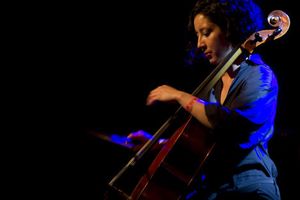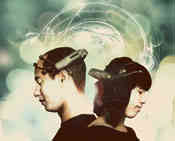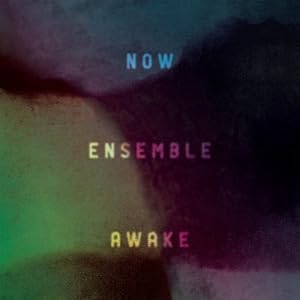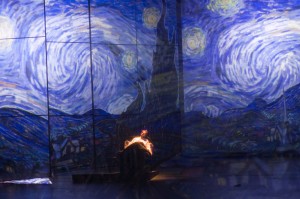
Yes, we’re still planning to have a Sequenza 21/MNMP concert in 2011 and it’s going to be excellent. We’re still finalizing the details, but should have an announcement soon.
Thanks for your continued patience (which is code for “entrants: stop calling and emailing us”).
Speaking of synthetists, how’s about Craig Wedren and ACME performing a song from On in Love (video below)?
[youtube]http://www.youtube.com/watch?v=0SWCPDI4tKQ[/youtube]
 The San Francisco Bay Area is home to a sizable community of sound artists, instrument inventors, and intonation innovators who spend all their time developing original and never-before-heard ways of relating to music and sound. The local scene got a big national nod in 2008 when
The San Francisco Bay Area is home to a sizable community of sound artists, instrument inventors, and intonation innovators who spend all their time developing original and never-before-heard ways of relating to music and sound. The local scene got a big national nod in 2008 when 








